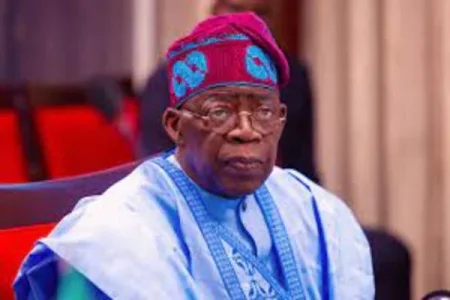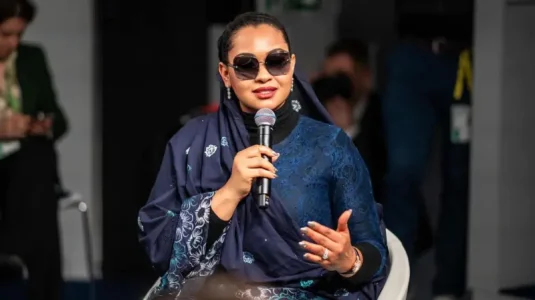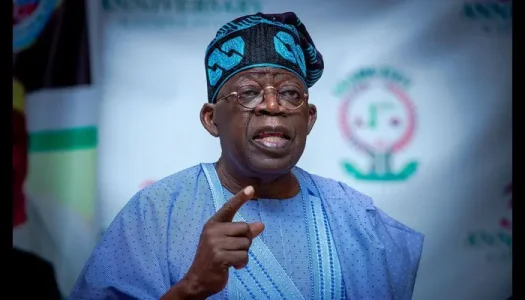
In a surprising turn of events, the International Monetary Fund (IMF) has confirmed that the Nigerian government, under President Bola Tinubu's administration, has quietly resumed the payment of subsidies on petrol, also known as premium motor spirit (PMS). This revelation comes just months after President Tinubu declared an end to the petrol subsidy during his swearing-in speech on May 29, 2023, causing a ripple effect on the nation's economy.
The move to end the subsidy triggered an immediate surge in the prices of goods and services across the country. A few weeks later, the Central Bank of Nigeria (CBN) unified different exchange rate regimes, resulting in the naira weakening against the dollar, reaching N1,499/$1 at the official window and N1,515/$1 at the parallel market.
Over the weekend, the IMF expressed concerns about the Nigerian government's decision to cap fuel prices at retail stations, urging the Tinubu administration to cease the payment of subsidies to allocate funds for running the government. However, various Nigerian groups criticized the IMF for what they deemed "anti-masses policies" and called for domestic solutions to address economic challenges.
Despite assurances from President Tinubu that the subsidy was eliminated, reports of queues at petrol stations in major cities have emerged. The Nigerian National Petroleum Company (NNPC) Limited reassured consumers of an ample supply but acknowledged the return of queues.
Since the removal of the subsidy in May 2023, petrol prices have witnessed a significant hike, escalating from N185 per litre to N568 per litre at NNPC fueling stations, with others selling above N600. The IMF's recent statement highlighted that the Tinubu administration has "capped retail fuel and electricity prices" to partially reverse the subsidy removal, a move criticized by economic experts and citizens alike.
Daily Trust investigations revealed that, despite official claims, the federal government paid N169.4 billion as a subsidy in August to maintain the pump price at N620 per litre. The recent devaluation of the naira, with an exchange rate of N1,499/$1, suggests that petrol prices may surpass N1,000 per litre.
Oil marketers, including leaders of major associations, emphasized the need for government intervention to address the impending crisis driven by forex fluctuations. The National Public Relations Officer of the Independent Petroleum Marketers Association of Nigeria warned of an imminent hike in petrol prices due to the rising dollar.
Despite these concerns, NNPC insists there is no imminent increase in petrol pump prices and assures the public that there is no shortfall in the distribution of petroleum products. The Petroleum Tanker Drivers union also urged Nigerians against panic buying, affirming the stability of petroleum product distribution across the country.




